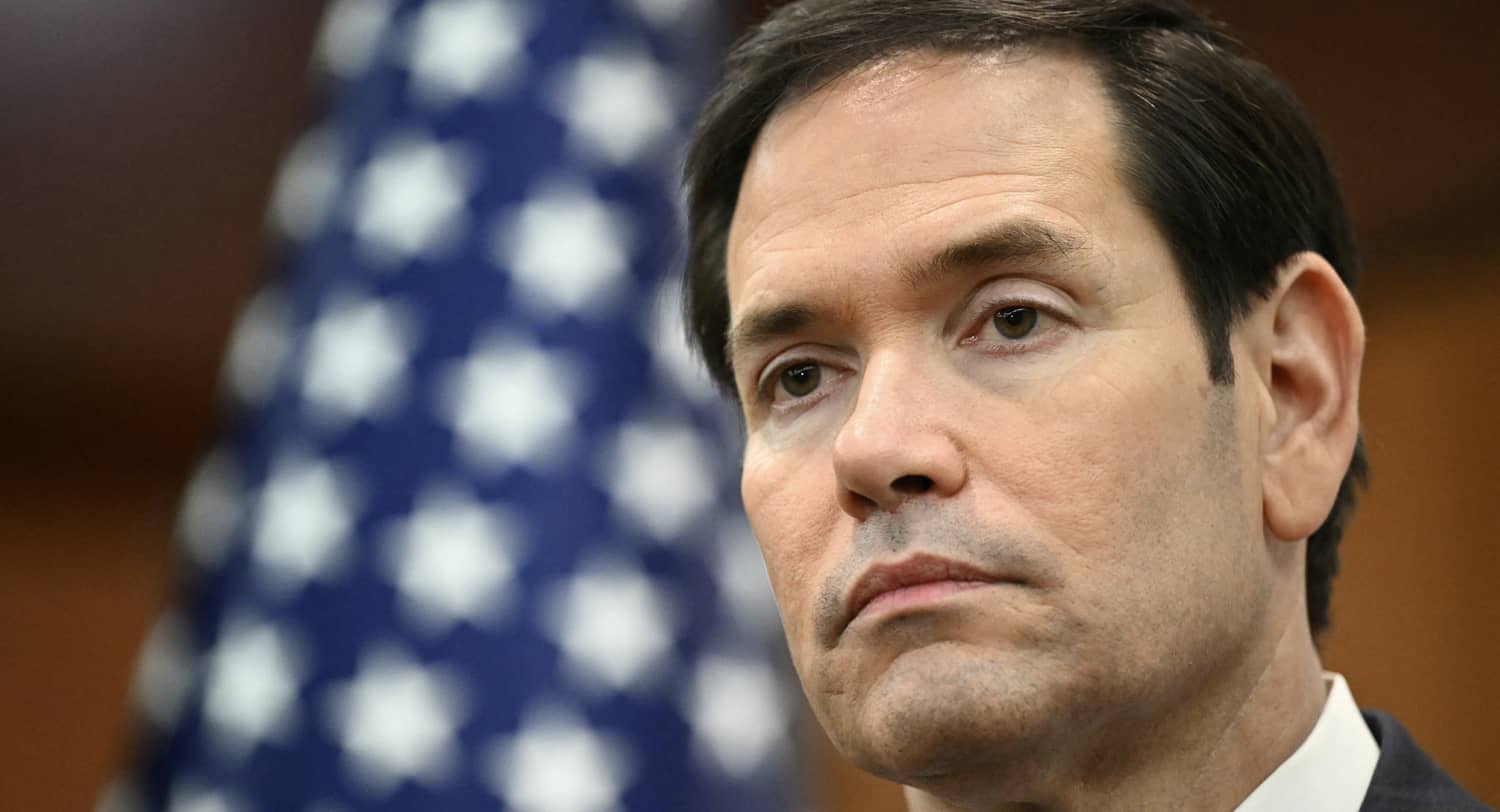A Jordanian immigrant in the US goes to her bank in order to transfer money to a cousin in Amman. But there is a problem. Her cousin is a senior official in the Islamic Action Front, the political party affiliated with the Jordanian branch of the Muslim Brotherhood. The US has just designated the Muslim Brotherhood’s Jordanian branch as a foreign terrorist organization. So the wire transfer leads to the immigrant’s arrest for providing material support to terrorists. The immigrant, backed by Amnesty International, challenges the Muslim Brotherhood terrorist designation in a US court. Given the government’s lack of hard evidence that the Jordanian branch has engaged in violence, the court halts the designation and the US government appeals. The resulting confusion undermines a US counter-terrorism initiative.
This fictional story illustrates how a US designation of the Muslim Brotherhood as a foreign terrorist organization can end up in the courts and achieve nothing, or worse. Sure, Jordan has banned the Muslim Brotherhood, along with Egypt, Saudi Arabia, and the UAE (also Russia). But the US is a democracy where citizens can successfully challenge the legality of government actions in court, if they have standing to do so. And there are plenty of American citizens with Brotherhood links who, like our fictional Jordanian immigrant, will have the legal standing to challenge such a designation.
I support designating the Muslim Brotherhood as a foreign terrorist organization on foreign policy grounds, while recognizing and addressing the policy arguments against that action. But the real battle centers on American domestic law, as Secretary of State Rubio recently indicated.
The Bright Line of Violence
The two key elements of “terrorism” in US law are (a) violent acts; and (b) intent to coerce or intimidate civilians or governments or affect government conduct, all for political aims. The Muslim Brotherhood easily meets (b), despite attempts by apologists to variously portray it as a religious or even a civil society charitable organization. Its leaders have consistently spoken of achieving political power so as to restore a universal Islamic caliphate. The tricky part is to prove use of violence to achieve these political aims.
It’s not hard to tie one particular branch of the Muslim Brotherhood to violence: Hamas is already on the US list of foreign terrorist organizations. But other branches often remain tactically flexible, publicly forswearing violence while resorting to violence when needed, and often using cut-outs or spin-offs to conduct the violence. It’s also tricky because the Muslim Brotherhood is not a centrally-controlled entity like al-Qa’ida. It evolved from an Egyptian political movement, which engaged in assassinations and other violence in the 1940s and 1950s before being banned by Nasser, and spread to other Muslim communities, where its local leaders operate independently.
In Sudan, for example, the Muslim Brotherhood was a political movement that gained many adherents among army officers (in contrast to the Egyptian military’s resistance to the Brotherhood). These officers backed the military government of Colonel Omar Bashir. When Sudanese civilians began protesting against Bashir leading to his overthrow in 2019, the Brotherhood leadership in Sudan backed violent repression, continuing in the civil war today.
A US designation should be specific to “Muslim Brotherhood” branches where the US has incontrovertible evidence that they have used violence to achieve their political aims. Supporting evidence should be declassified to the extent possible, in order to bolster the public case for designation.
In addition, the US announcement designating certain Muslim Brotherhood branches can also give notice to the others: the US is capable of responding to tactical flexibility with quick action. Should a Muslim Brotherhood political party in, for example, Tunisia or Morocco or Pakistan resort to violence, then the US is prepared to quickly put together a terrorism designation.
The State-Treasury One-Two Punch
The State Department has the authority under the Immigration and Nationality Act to designate foreign terrorist organizations. “Material support” to such an organization can be prosecuted as a federal felony, for instance, raising money for Hamas or recruiting volunteers to work for Hamas. The US Treasury, under the International Emergency Economic Powers Act, designates individuals and companies as “Specially Designated Global Terrorists” and can seize bank accounts and other assets of such persons (for more on Treasury’s role, see this article by Jon Schanzer.)
The US should take a coordinated inter-agency approach to the Muslim Brotherhood. While State prepares the case for designating certain Muslim Brotherhood branches, the Treasury and the intelligence community should be compiling lists of individuals and companies that support violence. The State Department’s public announcement of a designation then gives notice of further actions, including asset seizures by Treasury in the US and elsewhere.
In summary, there is nothing symbolic or rhetorical about a US terrorist designation. It should lead to meaningful action with worldwide application. After 9/11, I worked with local staff at US Embassy Ankara to ask the Turkish financial crime authority under Prime Minister Ecevit to seize the Istanbul bank accounts and yacht of one Yasin al-Qadi, a Saudi national for whom we had good evidence of fund-raising for al-Qa’ida. The Turks did so. (Erdoğan later unfroze his assets; Yasin al-Qadi was also a donor to his political party.)
Designating the Muslim Brotherhood will be harder than going after al-Qa’ida, given the deliberately amorphous and diversified nature of the Brotherhood.
But if the US focuses on the hard evidence of violence in a few Muslim Brotherhood branches (e.g., those in Egypt and Sudan), coordinates its counter-terrorism agencies and engages international law enforcement partners, then a Brotherhood designation will do a lot more than simply provide fees for US litigators. It will lead to a serious, potentially devastating response by a democracy faced with attacks from Islamists.

